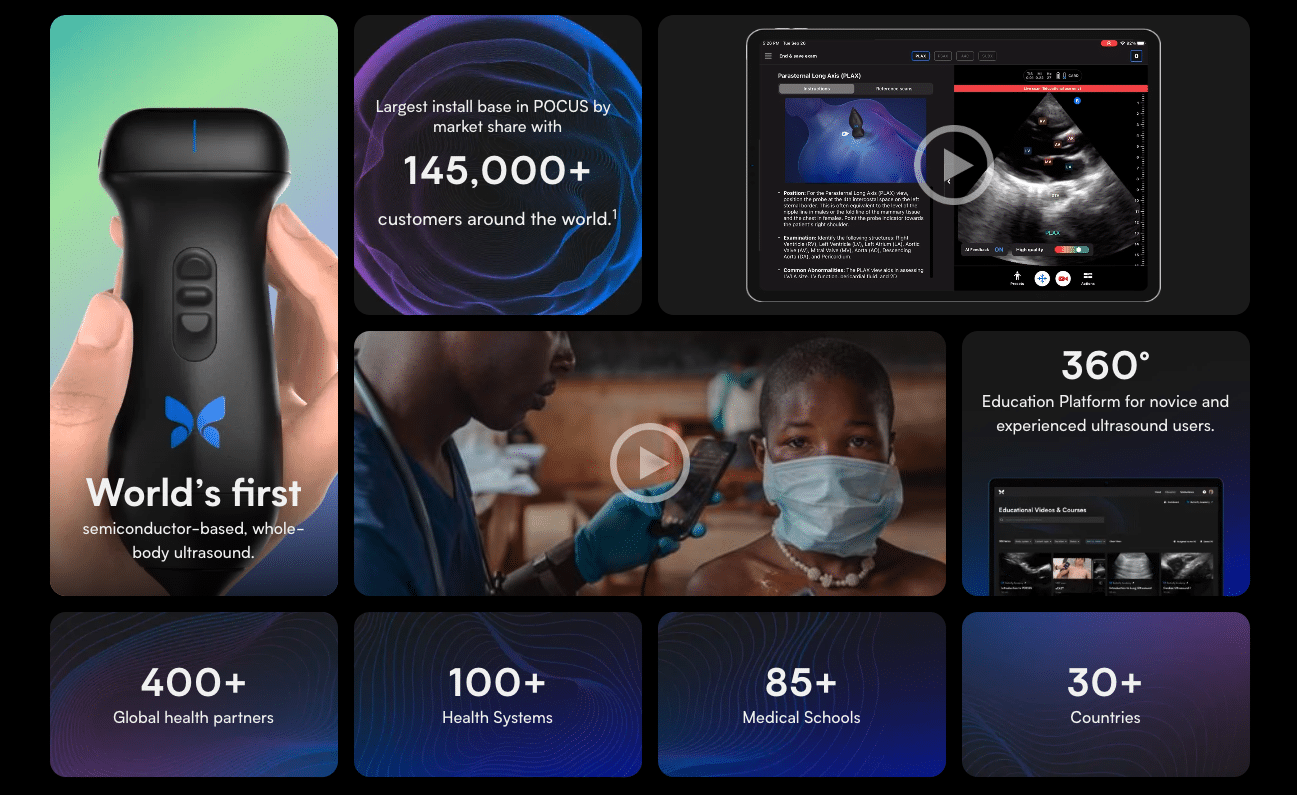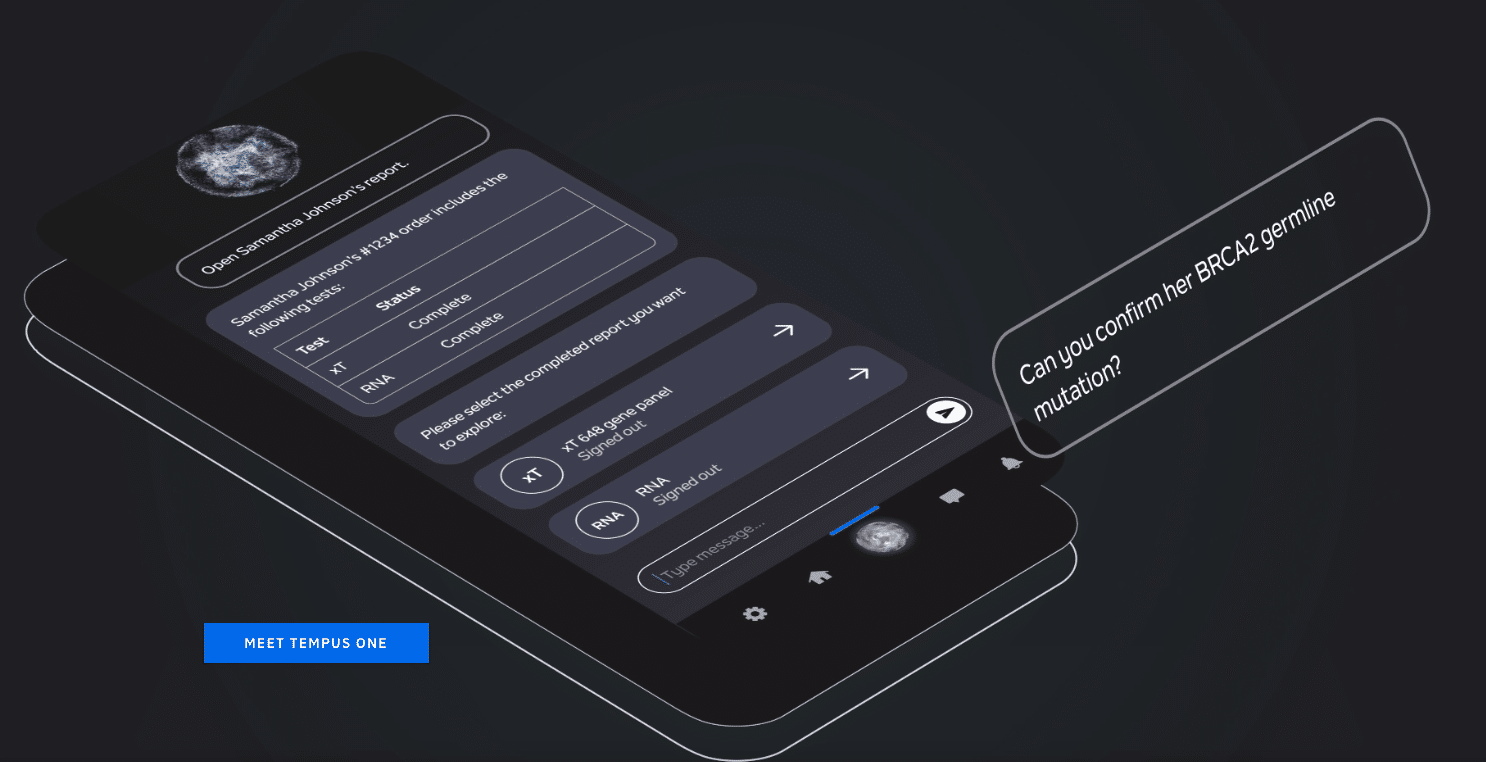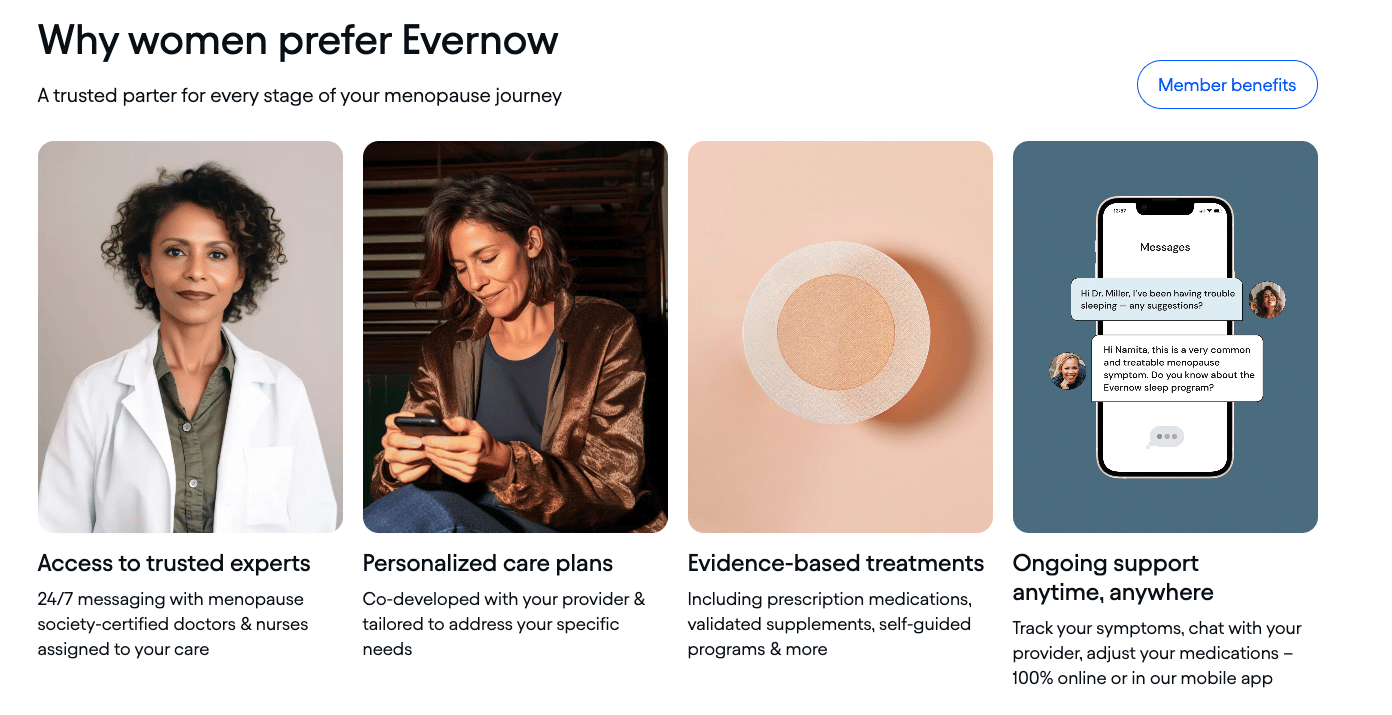
Artificial intelligence (AI) is revolutionizing healthcare, promising to enhance diagnostic accuracy, personalize treatments, and streamline operations. The National Bureau of Economic Research estimates that a wider adoption of AI in healthcare could save the US 5 to 10 percent in healthcare spending – roughly $200 billion to $360 billion annually.
Recent research on Americans’ views regarding AI in healthcare reveals a complex mix of optimism and concern. A Pew Research Center survey found that while 38% of Americans believe AI will improve patient outcomes, 33% think it will worsen them, and 27% feel it will make no significant difference. Key concerns include the potential deterioration of personal relationships between patients and healthcare providers, with 57% expecting such a decline. Additionally, 60% of Americans express discomfort with their healthcare providers relying on AI for patient care.
As an innovation and strategy partner to healthcare leaders, we are monitoring advancements, opportunities, challenges, and wins related to AI’s potential to improve the healthcare experience for patients and providers.
According to the CDC, 129 million people in the United States have at least one major chronic disease, and five of the top ten leading causes of death are or are strongly associated with treatable chronic diseases. Some of AI’s most significant opportunities in healthcare focus on supporting providers in the diagnosis, treatment plans, and data analysis for patients. The areas of opportunity for integrating this technology have very human implications.
Enhanced Diagnostics
Recent advancements in AI-powered diagnostic tools are revolutionizing how diseases are detected and treated. For instance, a diagnostic technology in the UK, e-Stroke, has reduced the time between hospital admission and treatment for stroke patients by more than an hour. It has also increased the percentage of patients reaching functional independence after a stroke from 16% to 48%.
Personalized Medicine
With over 2.3 zettabytes, the equivalent of 2.3 trillion DVDs of data, of health data, a staggering 97% of it goes unused. With the integration of AI into treatment plans, it can analyze vast amounts of data to help practitioners deliver personalized health plans tailored to an individual’s genetic makeup, lifestyle, and conditions.
Bridging Capacity Gaps
The World Health Organization projects a global healthcare worker shortage of 10 million by 2030. AI has the potential to address healthcare worker shortages by bridging capacity gaps. By leveraging AI, healthcare organizations can optimize their workforce and ensure timely and quality care, even in the face of a shortage of healthcare workers.
Equity and Access
AI can help bridge not only the healthcare access gap but also the health literacy gap. According to the National Assessment of Adult Literacy, only 12% of US adults have proficient health literacy. Using data-driven approaches, AI can provide patients with clear, understandable health information that empowers them to make informed decisions.
The broader implementation of AI technologies in healthcare remains a contentious issue, with many Americans advocating cautious and regulated adoption to address potential risks and biases. The American Medical Association surveyed American physicians, and 70% are either more concerned than excited or equally concerned and excited about the potential increased use of AI in the delivery of medicine. The challenges or risks have very human consequences, just as the opportunities have very human implications.
Data and Privacy Security
With the vast amounts of sensitive data involved, safeguarding patient information is paramount.
Ethical Concerns
Transparency and ethical AI development practices are essential for maintaining trust in AI applications. AI algorithms must be fair and free from bias.
Regulatory Issues
Navigating the complex regulatory landscape is a significant challenge for AI in healthcare.
From AI algorithms that can spot a potential illness faster than you can say “checkup” to smart systems that help humans deliver better outcomes, the future of healthcare is here—and it’s looking pretty incredible. Here are some advancements that we think are inspiring and worth watching.
Butterfly Network
Butterfly Network has developed a portable AI-powered ultrasound device that can be connected to a smartphone. This technology provides affordable and accessible imaging solutions in remote and underserved regions, helping to bridge the healthcare gap.

Tempus
Tempus uses AI to analyze clinical and molecular data at scale, helping oncologists develop personalized treatment plans for cancer patients. By integrating genetic data with clinical outcomes, Tempus aims to improve the precision and effectiveness of cancer therapies.

Evernow
Evernow is a digital health company focused on women’s health for women over 40. It has spearheaded groundbreaking research that has yielded one of the most extensive and diverse datasets on menopause and perimenopause. It is identifying treatment plans with both short-term and long-term relief.

AI advancements in healthcare hold significant promise for improving patient care, increasing access to medical services, and boosting the efficiency of healthcare systems. However, when developing and implementing these technologies, it’s essential to address ethical concerns, ensure data privacy, and comply with regulations. With responsible integration, AI can revolutionize healthcare and bring widespread benefits to patients around the globe.